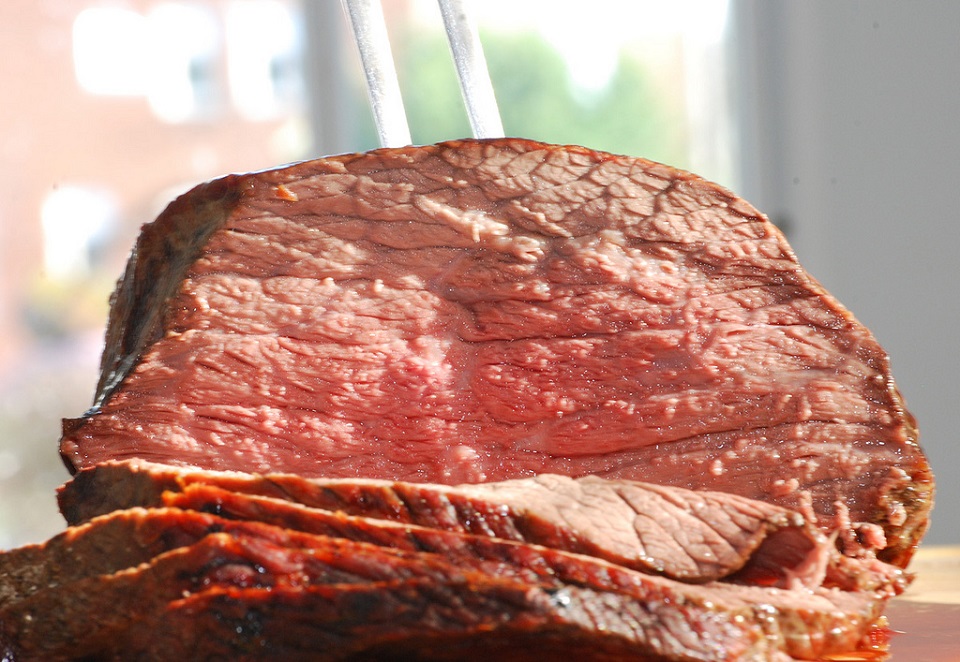
The connection has been red meat consumption and a slight increase in cardiovascular disease risk has been known for many years. But little has been known why this is.
The now proposed explanation is a result of research done at the Cleveland Clinic Lerner Research Institute in Ohio and was published last week in Nature Medicine.
The hypothesized explanations for this apparent connection has varied, from that of saturated fat in the meat to its cholesterol content. However, lean meat contains very little of these but also appear to be associated with a slight increase in cancer risk.
In this new study Intestinal microbiota metabolism of l-carnitine, a nutrient in red meat promotes atherosclerosis, mice were fed a diet high in carnitine. This nutrient is found in large amounts in red meat and also some dietary supplements.
The researchers then identified that a bacteria found in the intestines of mice (and humans) consumes carnitine and the resulting waste product is probably the substance that is to blame for this apparent negative risk correlation.
Carnitine is a protein biosynthesized from the amino acids lysine and methionine. And as the bacteria consumes carnitine, it releases a gas which is then converted within the liver into a chemical called TMAO.
There is a strong correlation between TMAO and atherosclerosis as noted by previous research. TMAO affects the way cholesterol metabolize, with a net effect of an accumulation of cholesterol.
Those who do not eat red meat have however a very different bacterial flora in the gut, and therefore minimize the above risk with very low TMAO production.
But if changing your diet into a vegetarian or even vegan may sound unattractive to you – perhaps the solution is some kind of future yogurt loaded with probiotics could alter the balance of bacteria in the stomach and thus reduce TMAO production?
Abstract
Intestinal microbiota metabolism of choline and phosphatidylcholine produces trimethylamine (TMA), which is further metabolized to a proatherogenic species, trimethylamine-N-oxide (TMAO). We demonstrate here that metabolism by intestinal microbiota of dietary l-carnitine, a trimethylamine abundant in red meat, also produces TMAO and accelerates atherosclerosis in mice. Omnivorous human subjects produced more TMAO than did vegans or vegetarians following ingestion of l-carnitine through a microbiota-dependent mechanism. The presence of specific bacterial taxa in human feces was associated with both plasma TMAO concentration and dietary status. Plasma l-carnitine levels in subjects undergoing cardiac evaluation (n = 2,595) predicted increased risks for both prevalent cardiovascular disease (CVD) and incident major adverse cardiac events (myocardial infarction, stroke or death), but only among subjects with concurrently high TMAO levels. Chronic dietary l-carnitine supplementation in mice altered cecal microbial composition, markedly enhanced synthesis of TMA and TMAO, and increased atherosclerosis, but this did not occur if intestinal microbiota was concurrently suppressed. In mice with an intact intestinal microbiota, dietary supplementation with TMAO or either carnitine or choline reduced in vivo reverse cholesterol transport. Intestinal microbiota may thus contribute to the well-established link between high levels of red meat consumption and CVD risk.
____________________________
Intestinal microbiota metabolism of l-carnitine, a nutrient in red meat, promotes atherosclerosis
______________

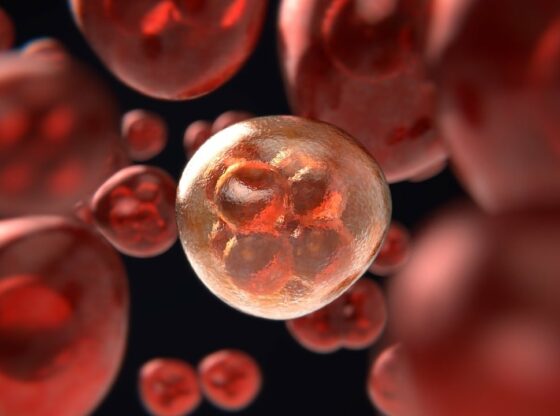

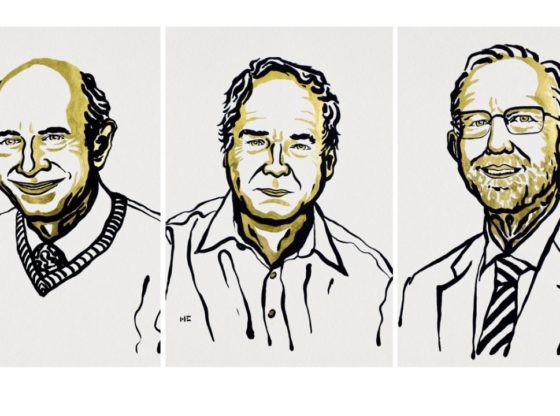
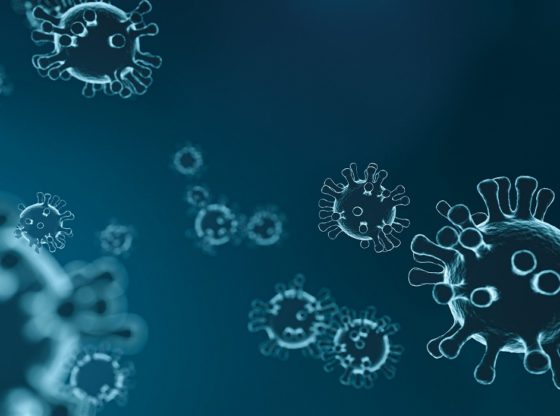
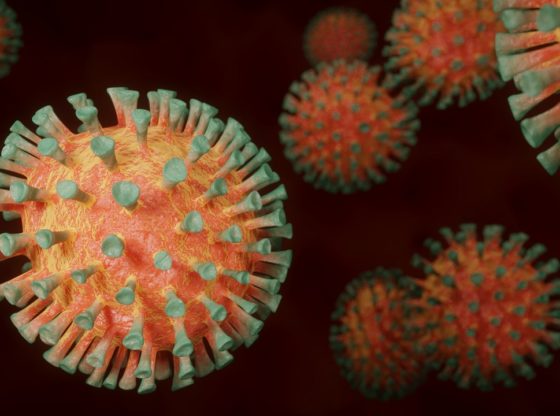
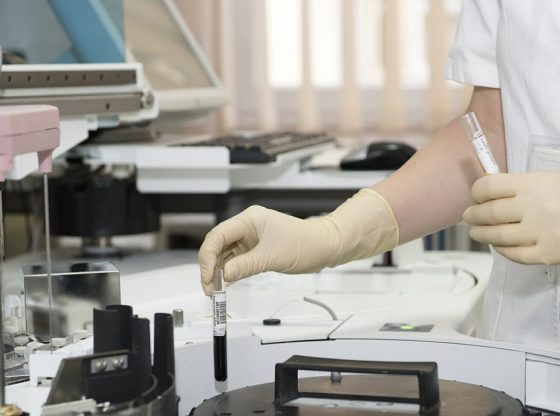
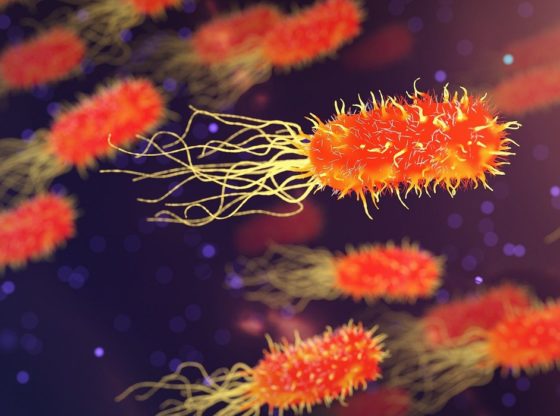
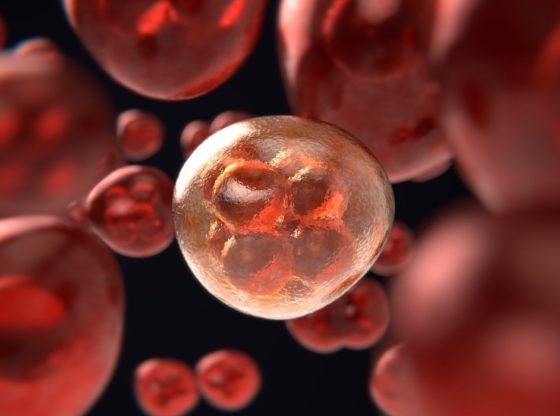


![OpenAI. (2025). ChatGPT [Large language model]. https://chatgpt.com](https://www.illustratedcuriosity.com/files/media/55136/b1b0b614-5b72-486c-901d-ff244549d67a-350x260.webp)
![OpenAI. (2025). ChatGPT [Large language model]. https://chatgpt.com](https://www.illustratedcuriosity.com/files/media/55124/79bc18fa-f616-4951-856f-cc724ad5d497-350x260.webp)
![OpenAI. (2025). ChatGPT [Large language model]. https://chatgpt.com](https://www.illustratedcuriosity.com/files/media/55099/2638a982-b4de-4913-8a1c-1479df352bf3-350x260.webp)








